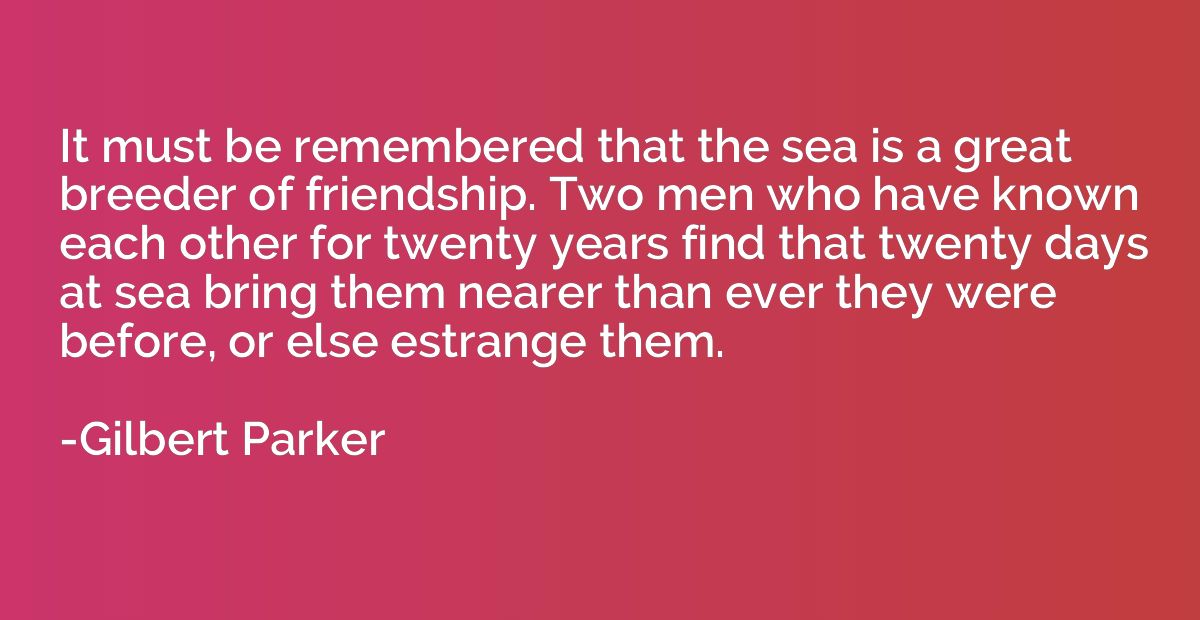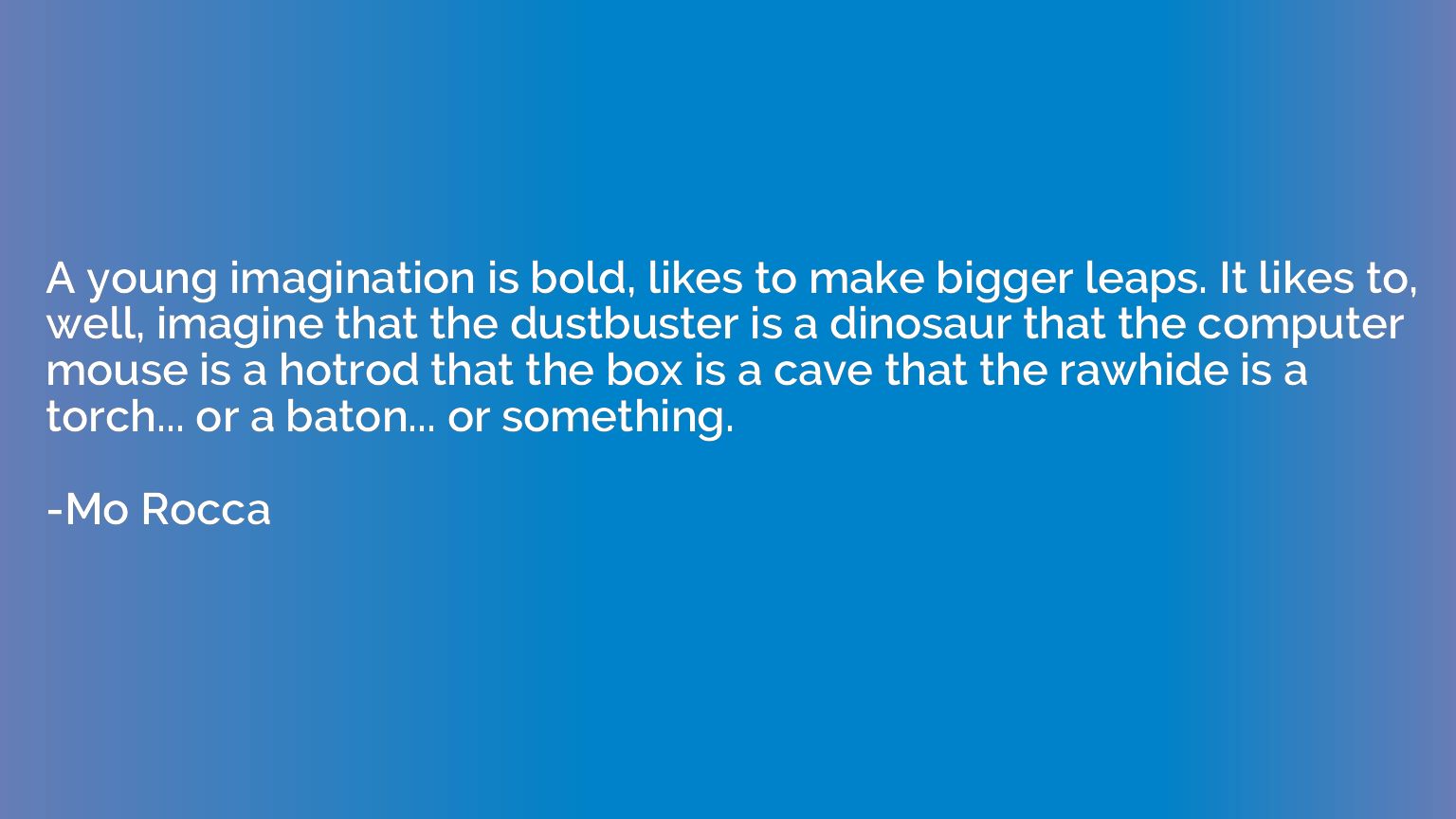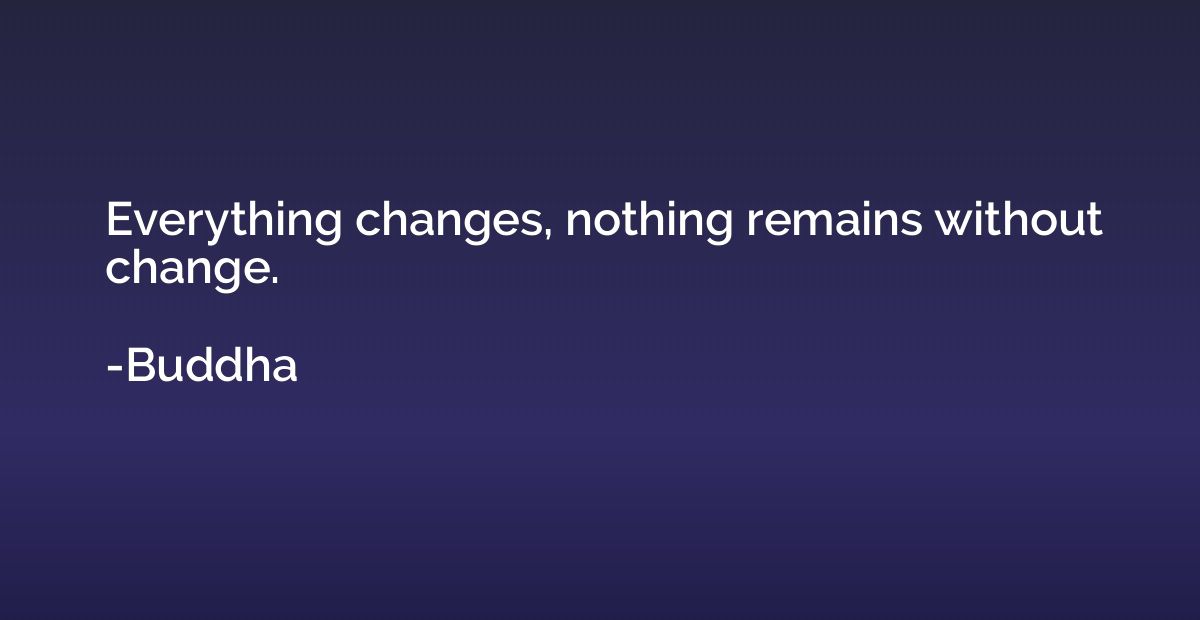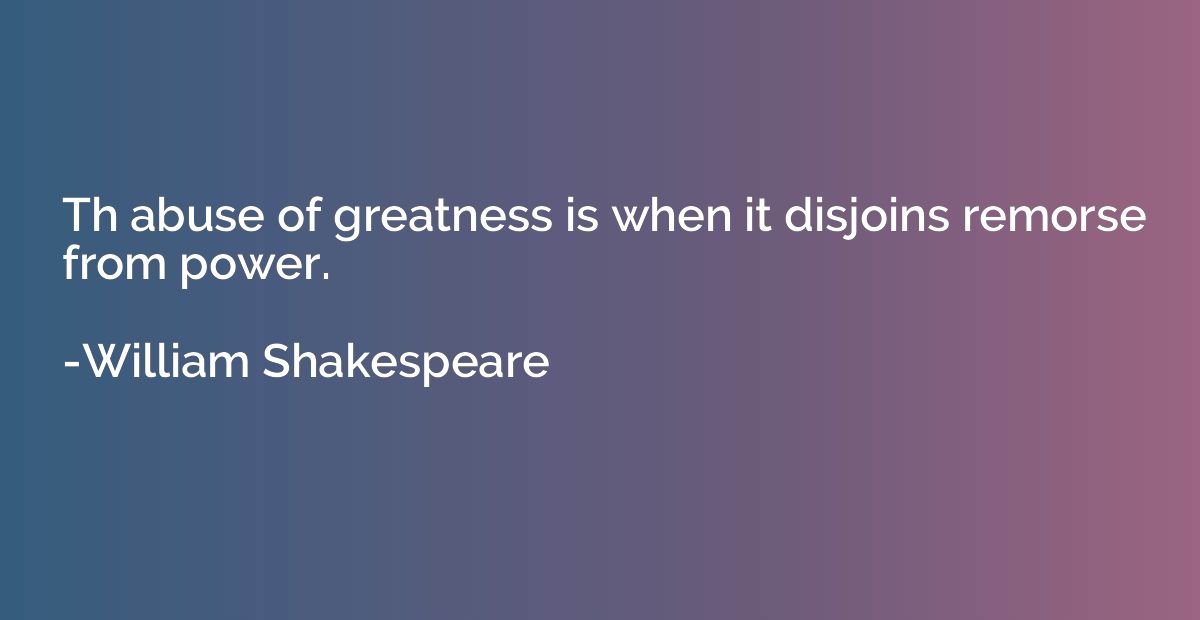Quote by William Shakespeare
No, 'tis slander, Whose edge is sharper than the sword, whose tongue Outvenoms all the worms of Nile, whose breath Rides on the posting winds, and doth belie All corners of the world.
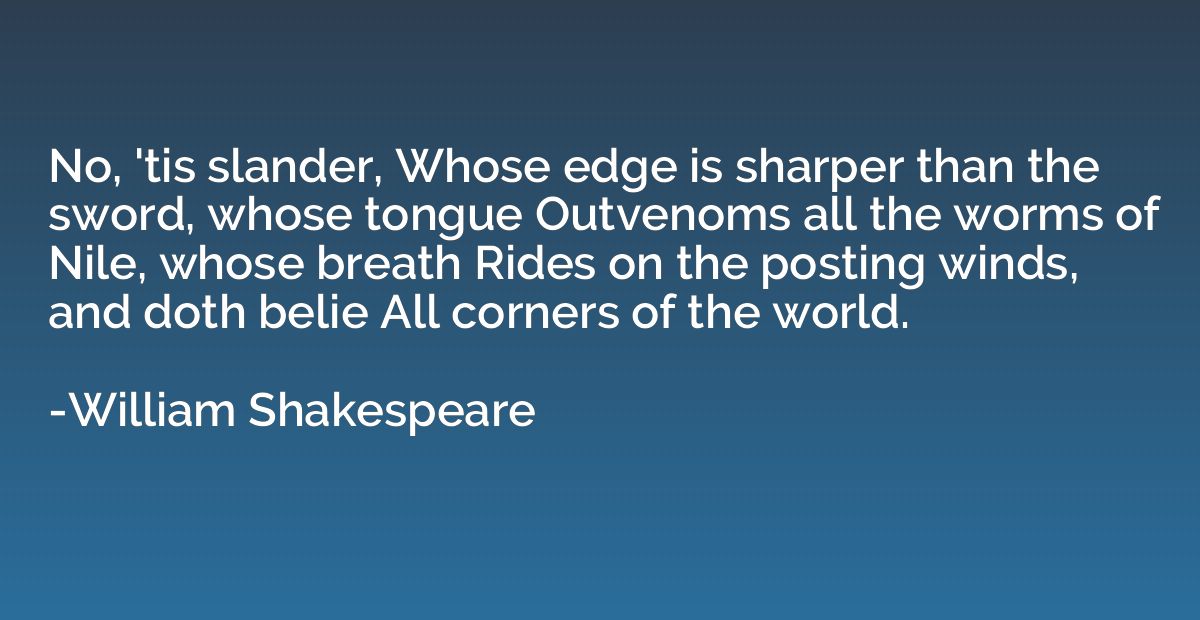
Summary
This quote highlights the destructive power of slander. It emphasizes that slander is more dangerous than a sword, as its sharp edge can permanently damage a person's reputation and well-being. It suggests that slander spreads rapidly, comparing its reach to the swift winds that carry its venomous words to every corner of the world. The quote portrays slander as a force that envelops and corrupts all aspects of society, serving as a reminder of the harm caused by false and damaging rumors.







